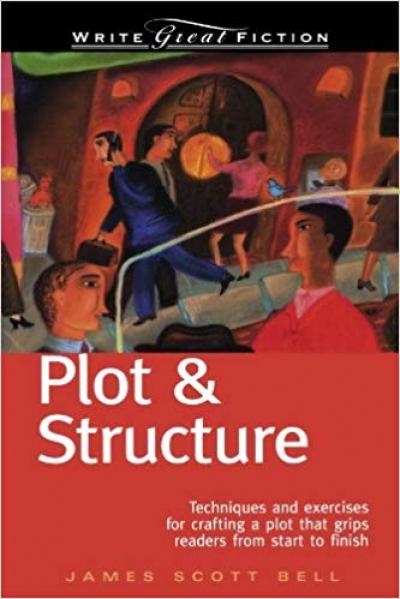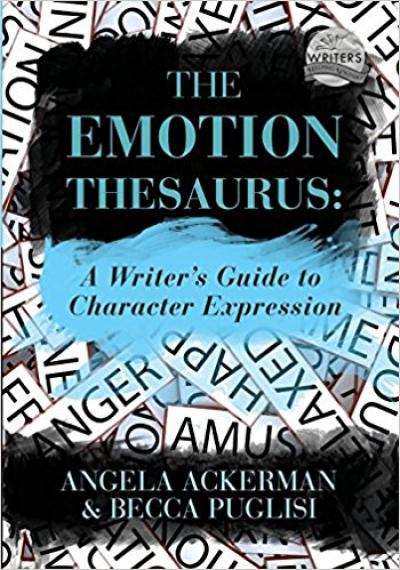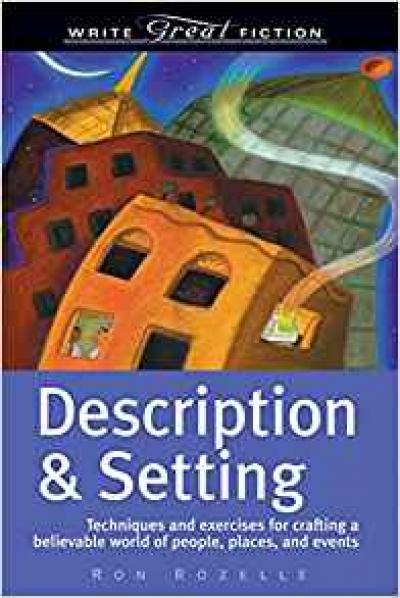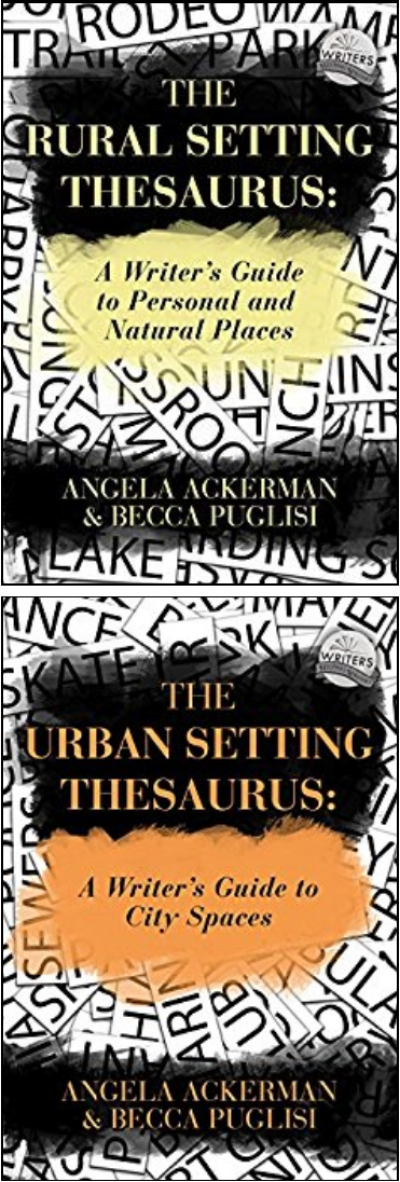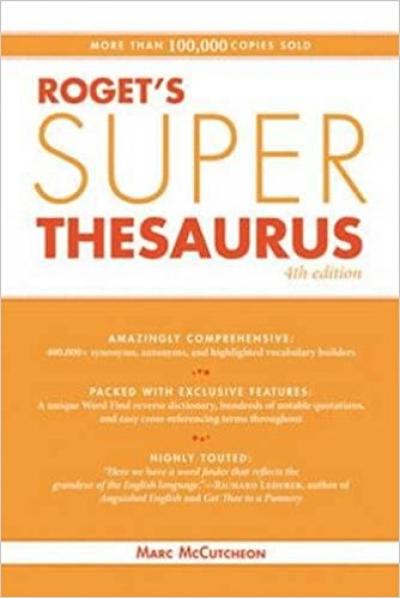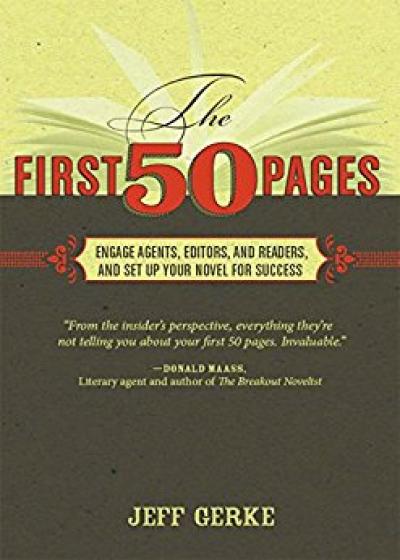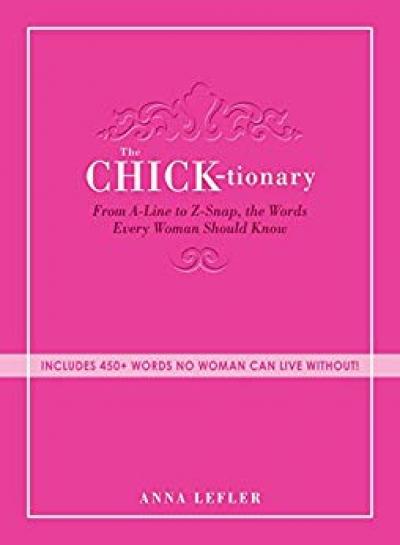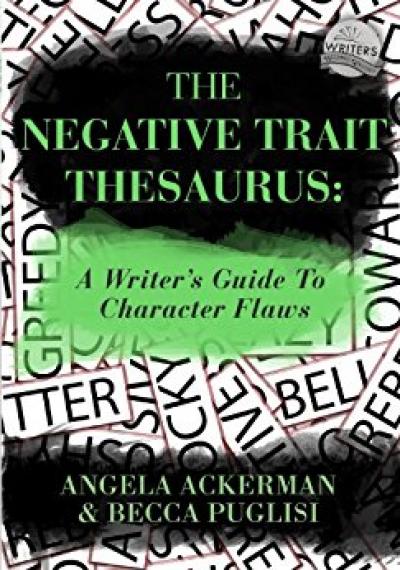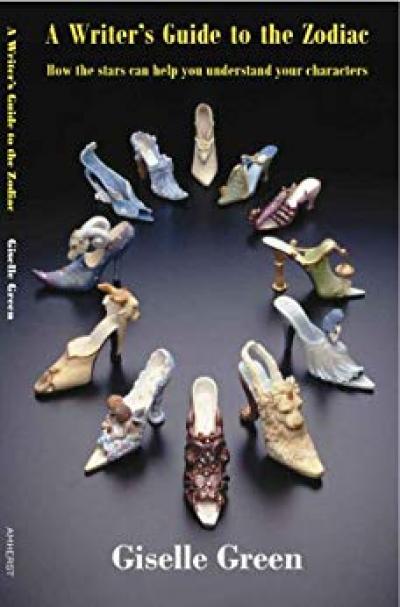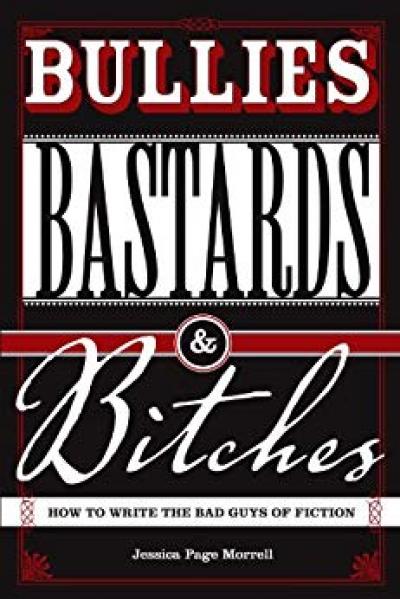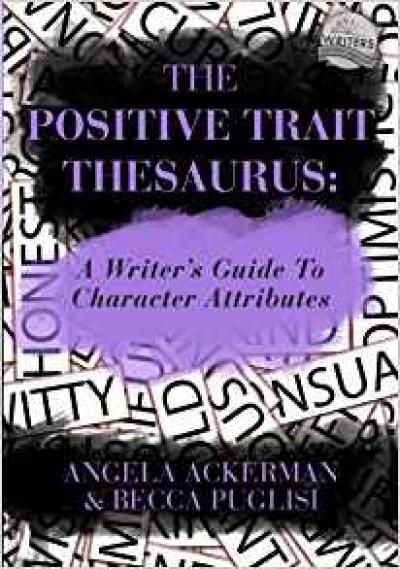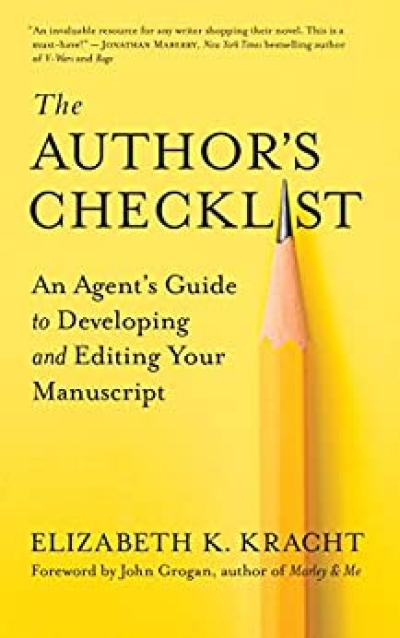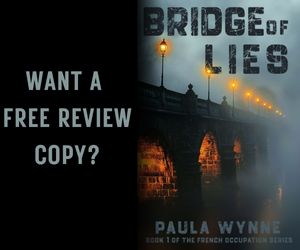Elizabeth Kracht’s The Author’s Checklist
If you’re tired of not getting feedback from all the query letters you send out to agents to find representation and publication for your novel, you must read Elizabeth Kracht’s The Author’s Checklist: An Agent’s Guide to Developing and Editing Your Manuscript.
Why? As an agent herself Elizabeth lists out a full and jam-packed A-Z list of important factors that agents watch out for when reading manuscripts. She says there’s a HUGE gap between manuscripts that we writers believe to be ready for publication and ones that agents or publishers know to be ready. It's difficult for writers to see where their work is falling short.
Elizabeth sets out to bridge the gap by listing an A-Z that writers can follow in their writing process or during their revision. This alphabet list is vitally important…um, let me rephrase that adverb… is important for fixing problems with your manuscript.
It’s vital that you take note of these alphabet topics because Elizabeth has been an agent for years and has noticed these issues in thousands of manuscripts she has read.
So here’s a few examples of Elizabeth’s A-Z advice.
C For Characters
I’ll jump to C for ‘Character’ as characters are, after all, why readers read fiction!
Character Arc: The three basic character arcs are: change or transformation, growth and fall (downfall). The change occurs when your main character moves from being an everyday person to a hero.
The growth is seen in character that overcome internal obstacles, often by facing external ones, but don’t experience a transformation to hero. The falling character arc is associated with tragedy where the character is on a downward spiral to disaster.
Elizabeth goes on to explain that a character arc comes up short when a character has no internal life. There isn’t enough rising action to show arc, there are no obstacles for the character to overcome or nothing is at stake.
She tells authors and writers to think of a character arc as a mountain your character must climb. What they endure, overcome, or suffer to the end, both external and internal, shows their arc.
C for Character Description
Still under C for Character Description, Elizabeth tells us that the first three times the reader sees a character, we should describe a distinguishing feature. We should avoid presenting character description like a template, dumping full paragraphs each time we introduce a new character.
Elizabeth also discusses the ‘Emotional Thread’ of characters, saying that often writers overlook their character’s emotional life, making it impossible for readers to connect with them.
In order to truly hook a reader, we must make them feel something. And the way our readers feel is through the emotional life of our characters. If there is nothing at stake for our characters, if an emotive event doesn’t affect them emotionally, it's not going to mean anything to the reader either. Our characters could be suffering an incredible loss, but if they can’t relate to that loss, the reader won’t be able to either.
C for Conflict for Characters
On creating ‘Tension’ for our fictional people, Elizabeth believes we shouldn’t over identify with our characters. If we feel bad about putting them under pressure, which is what we have to do to reveal their character arc, we should remind ourselves that ‘gemstones’ are formed by pressure.
P for Prose
Important elements of fiction like characterization is not the only parts of Elizabeth’s alphabet, she also covers topics like italics and how authors and writers should limit the use of italics ~ because large blocks of italics is hard to read and tiring on human eyes so readers may skip reading them.
Under ‘Prose’ Elizabeth ‘Adverbs’ and ‘Filter Words’ among other things we should consider for our prose.
Pesky Adverbs
Adverbs, says Elizabeth, are considered by editors and agents as a sign of weak prose. While it’s true that some bestselling authors strew adverbs throughout their work, she notes that when we reach that stage, so we too could consider doing the same. Until then, we must challenge ourselves to find ways to describe the qualities of events, voices and actions without relying on adverbs.
In many of the writing guides for writers and authors that I review, I've seen time and time again that we should avoid adverbs like the plague, but this statement that I wrote in bold brings home the message. So, we shouldn't have adverbs in our writing for when it gets in front of readers, we shouldn't have them there for agents and publisher to reject the manuscript in the first place!
Elizabeth’s rule of thumb is to limit adverbs to FIVE per manuscript. Yikes! Tough challenge, but worth it if we want an agent to sit up and take notice of the novel we present to them for representation. She advises that we do a search for all ‘ly’ words and rework the prose to convey what were trying to say through characterization, dialogue, or even other character’s points of view ~ without the adverbs.
Prose Filters
There’s a list of ‘Filter Words’ that Elizabeth suggests all writers and authors use in their revision. Readers experience a story through a character’s point of view so when we add filter words – verbs that explicitly narrate the character’s experiences – they intrude into the reader’s experience of the novel’s world, reducing the sense of immediacy.
Filter words such as: he could FEEL, she SAW, he HEARD.
For example: He could feel the energy disappear from the room could be rewritten as ~ The energy disappeared from the room.
Elizabeth gives a list of filter words and writers could easily Google lists of Filter Words and keep that in a revision checklist and go back over their final draft, searching for these gremlins and rewriting those sentences. They will strengthen the prose and that’s what agents take note of when we present our early chapters to them when trying to get our novels published.
Elizabeth covers other topics like overwriting, qualifiers, and intensifiers with another checklist, so we can create more powerful sentences and characters. You probably know this and seem to understand it, but ‘probably’ and ‘seemed’ should be on your revision checklist to search out and eliminate!
More Writing Checklists
Elizabeth even covers topics like promotion and publicity, which is not in the writing process, but is still an important part of fiction writing. Give your manuscript the best possible shot at being discovered by an agent and nearing your writing goal of publication with The Author’s Checklist!


